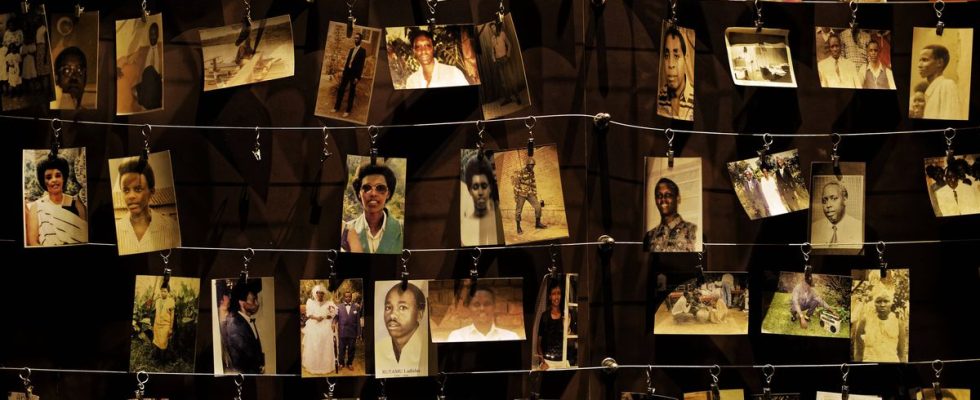An appeal is expected from the plaintiffs after a new dismissal of the case by the Parisian investigating judges responsible for investigations into the inaction accused of the French army during the Bisesero massacres in Rwanda in 1994. In this case, the associations Survie, Ibuka, FIDH and six survivors of Bisesero, civil parties, accused the French military-humanitarian mission Turquoise and France of “complicity in genocide”.
They accused him of having knowingly abandoned the Tutsi civilians taking refuge in the hills of Bisesero, in western Rwanda, for three days, allowing the massacre of hundreds of them by the genocidaires to take place from June 27 to 30, 1994.
First dismissal
After a first dismissal of the case rendered in September 2022, the civil parties immediately appealed, ensuring in form that the judges had made a procedural error and, in substance, that they had not taken sufficient account of the summary , published at the end of April 2021, of the report of the so-called Duclert commission. In this report, historians pointed out the “profound failure” of France during these massacres.
The Paris Court of Appeal ruled in their favor on the procedural grounds on June 21, 2023 and returned the case to the investigating magistrates. On July 28, the Paris prosecutor’s office again requested a dismissal of the case and the investigating judges therefore once again ordered on Tuesday the abandonment of the investigation, according to an order consulted by AFP.
Civil parties’ request rejected
The civil parties hoped that they would continue their investigations and had submitted observations at the end of September to request in particular the hearing of the historian Vincent Duclert. But the judges rejected their requests, emphasizing that “the documents cited in reference by the authors of the report in support of their findings, in their vast majority, already appear in the proceedings or find, in the documents of the judicial information, equivalents or resonance”.
For Eric Plouvier, Survie’s lawyer, “the judges persist in their denial and their refusal to draw conclusions from the Duclert report pointing out the institutional failures around the President of the Republic François Mitterand”. “The investigations would have made it possible to know what impact these dysfunctions had on the abandonment and death of hundreds of Tutsi in Bisesero,” he added. He plans to appeal.

